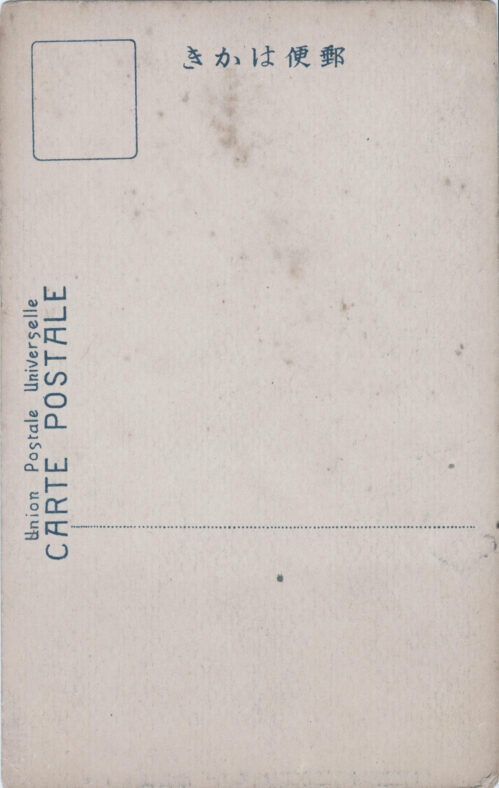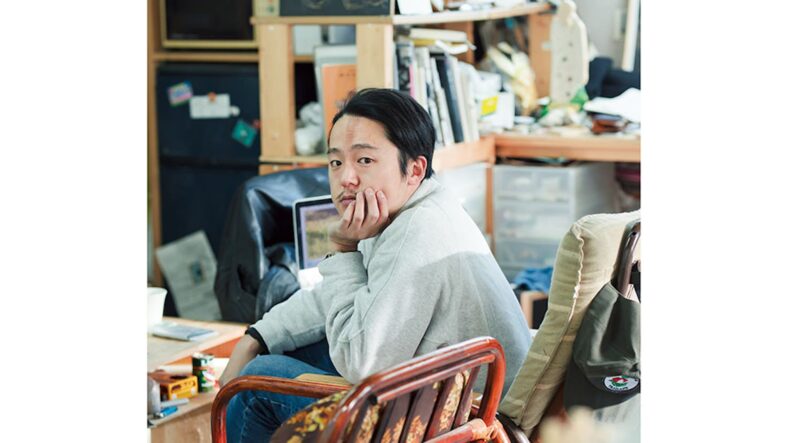
On September 16th, Portland Japanese Garden will open a new art exhibition in its Calvin and Mayho Tanabe Gallery, a space within the Jordan Schnitzer Japanese Arts Learning Center in the Garden’s Cultural Village. In Kenji Ide’s installation, A Poem of Perception, the Kanagawa-based artist has created a constellation of found objects and small-scale sculptures that encourage viewers to heighten their sensitivity to their own experience of time, place, and imagination. Created specifically for the Tanabe Gallery, Ide’s art engages in a spiritual dialogue with the context of its surroundings. His work mirrors a Japanese garden’s elemental foundation of natural materials shaped by human hands and reflects its aesthetic ideals, expressed through the careful arrangement of objects and empty space. This deep consideration of space echoes Garden of Resonance: The Art of Jun Kaneko, an art exhibition simultaneously on display at Portland Japanese Garden beginning October 1st.
In Ide’s work, and in a Japanese garden, things are best experienced when one takes their time to open their hearts and minds to be moved by the smallest details.
Ide’s sculptures of carved wood, paper, and concrete, combined with found postcards and ephemera such as stones and fallen foliage, can be thought of as a kind of material poetry—each element’s form creates the shape of the poem, their placement in space creating its rhythm. For this exhibition, Ide has labored to remove the focus of his work on sculptures as individual entities, instead reconceptualizing each piece within a holistic installation.

Ide is interested in the passage of time, both for the weight it carries in our everyday lives, but also for its connection to the experience of a Japanese garden. Drawing inspiration from his belief in the beauty of everyday life—the materials in Ide’s work are familiar and commonplace, creating an accessible visual language that is quietly powerful in its emotional familiarity. For example, Ide views the postcards incorporated into his installation as antiquated sculptures of communication. Unlike today’s digital messages, postcards have their own unique shape, weight, and color. They possess a physicality that people can project their own emotions or experiences onto. As physical objects that must travel through time and space to reach their recipients, postcards foster contemplative dialogue across distances. In Ide’s work, and in a Japanese garden, things are best experienced when one takes their time to open their hearts and minds to be moved by the smallest details.
Kenji Ide: A Poem of Perception is guest curated by Matt Jay.